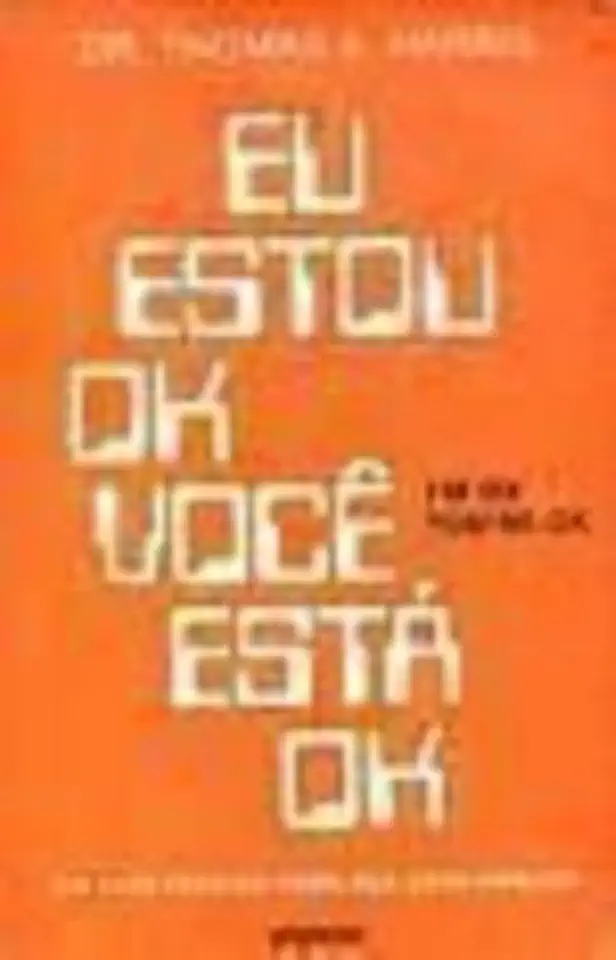
I'm OK - You're OK - Dr. Thomas A. Harris
I'm OK - You're OK: A Practical Guide to Transactional Analysis
Introduction
In his groundbreaking book, "I'm OK - You're OK," Dr. Thomas A. Harris introduces the concept of transactional analysis (TA), a powerful tool for understanding and improving our relationships with ourselves and others. TA is based on the idea that we all have three ego states: the Parent, the Adult, and the Child. Each ego state has its own unique set of behaviors, beliefs, and feelings. When we are in a healthy state of mind, we are able to access all three ego states and use them appropriately. However, when we are under stress or in unhealthy relationships, we may get stuck in one ego state and unable to access the others.
The Parent Ego State
The Parent ego state is the part of us that has been programmed by our parents and other authority figures. It contains our beliefs, values, and expectations about how the world should be. The Parent ego state can be positive or negative. A positive Parent ego state is nurturing, supportive, and encouraging. A negative Parent ego state is critical, demanding, and controlling.
The Adult Ego State
The Adult ego state is the part of us that is rational, logical, and objective. It is the part of us that makes decisions based on facts and evidence. The Adult ego state is able to access the Parent and Child ego states and use them appropriately.
The Child Ego State
The Child ego state is the part of us that is spontaneous, creative, and playful. It is the part of us that holds our hopes, dreams, and fears. The Child ego state can be positive or negative. A positive Child ego state is curious, enthusiastic, and imaginative. A negative Child ego state is fearful, withdrawn, and angry.
Transactional Analysis in Action
TA can be used to understand and improve our relationships with ourselves and others. By understanding our own ego states and the ego states of others, we can communicate more effectively, resolve conflicts, and build stronger relationships.
For example, if we are in a conflict with someone, we can use TA to identify the ego states that are involved. If we are in the Parent ego state, we may be critical or demanding. If the other person is in the Child ego state, they may be defensive or withdrawn. By understanding the ego states that are involved, we can communicate more effectively and resolve the conflict.
Conclusion
"I'm OK - You're OK" is a must-read for anyone who wants to improve their relationships with themselves and others. TA is a powerful tool that can help us understand our own behavior and the behavior of others. By understanding our ego states, we can communicate more effectively, resolve conflicts, and build stronger relationships.
Call to Action
If you are ready to learn more about TA and how it can help you improve your life, I encourage you to read "I'm OK - You're OK." This book is a life-changing read that will help you understand yourself and others in a whole new way.